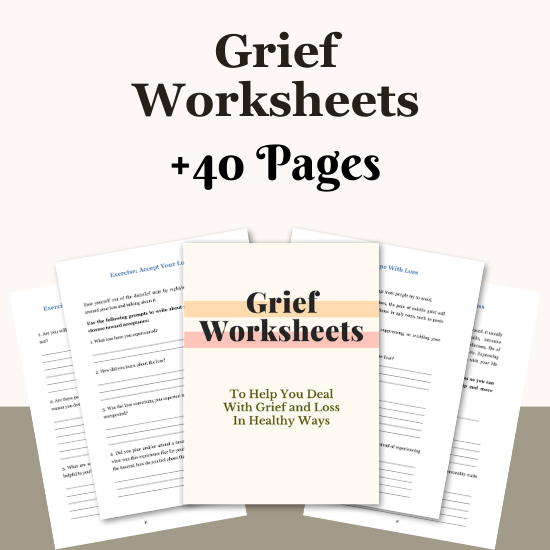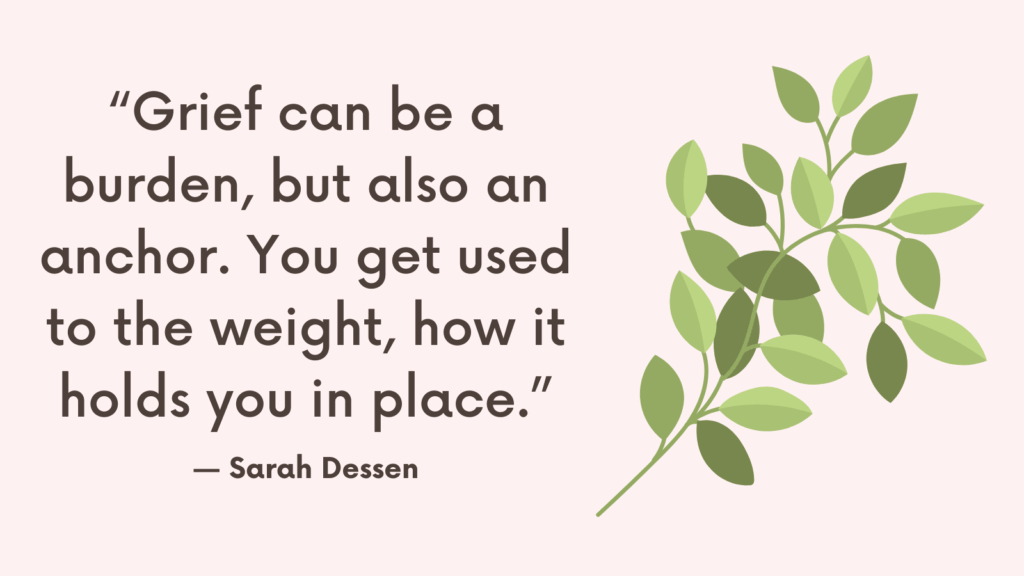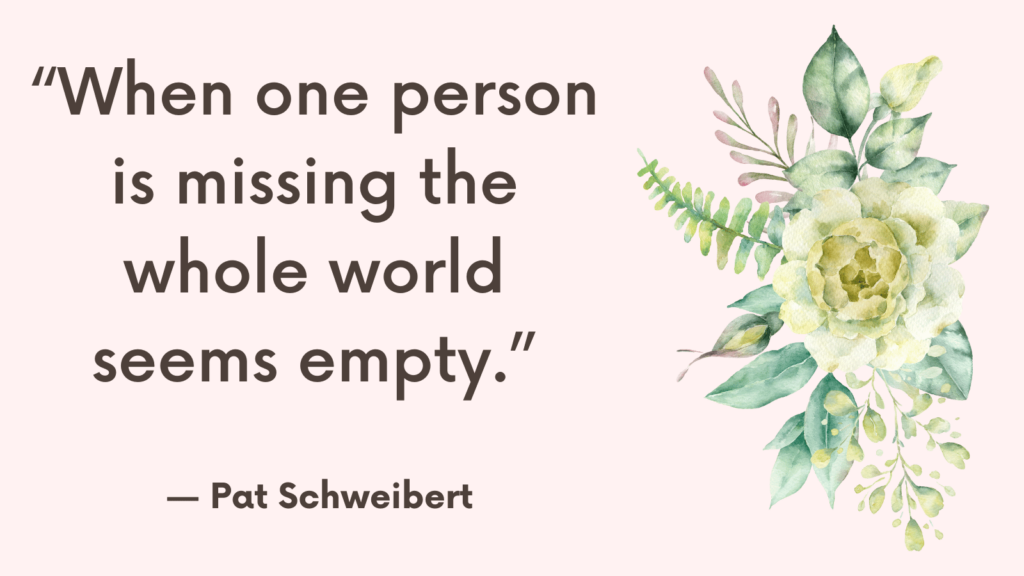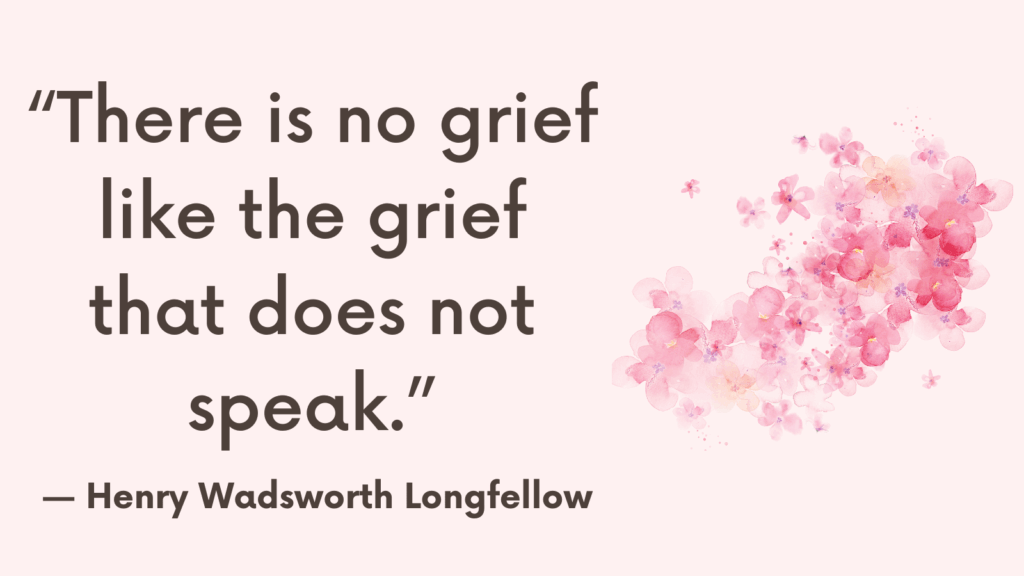Grief has a way of resurfacing around specific dates—birthdays, anniversaries, and the day they died. These days can hit like emotional waves, catching you off guard or reopening old wounds. You don’t have to power through or pretend to be okay. You get to show up to these days in a way that’s honest, soft, and supportive of your own heart.
Why Certain Dates Trigger Grief More Deeply
1. The memories feel sharper – Important dates bring back vivid details, making the loss feel fresh all over again.
2. You feel the absence more clearly – Birthdays, anniversaries, and holidays highlight the space the person once filled.
3. The build-up creates emotional tension – Days or even weeks before the date, you may feel anxious or unsettled without knowing why.
4. Grief can feel just as raw – Even if time has passed, these dates can bring a wave of emotion that feels just as heavy as the early days.
5. There’s pressure to “be okay” – You might feel the need to hold it together or show up for others, even while struggling inside.
6. The day symbolizes what was lost – It reminds you not just of the person, but of all the moments you hoped to share and now won’t.
7. You relive unfinished emotions – Regret, guilt, or things left unsaid can rise to the surface more intensely on these days.
8. It’s a natural part of grieving – Feeling heavy on certain dates doesn’t mean you’re not healing — it means you’re human, and you still care.
Related: Best 21 Grief Journaling Prompts (+FREE Grief Worksheets PDF)
How to Navigate Anniversaries, Birthdays, and Death Dates?
1. Acknowledge the Day Matters
Even if others have moved on, it’s okay to still feel the weight of the day. Say to yourself: “This day means something. It’s okay that I still care.”
2. Plan Ahead With Flexibility
Think ahead about what you might need. Would you prefer to be with others, be alone, take the day off, or keep busy? Make a plan—but give yourself permission to change it if your heart feels differently in the moment.
3. Create a Simple Ritual
Mark the day in a way that feels meaningful. Light a candle, write them a letter, visit a place they loved, look through old photos, or speak their name aloud. Rituals provide emotional structure and space to honor what still matters.
4. Allow the Full Spectrum of Emotions
You might cry. You might laugh. You might feel nothing at all. There’s no right way to grieve—especially on significant dates. Let your feelings show up as they are, not how you think they “should” be.
Related: Grieving and Numb? These Worksheets Can Help You Sit with Loss and Heal
5. Include Them in Your Day—If You Want To
Say their name. Make their favorite meal. Play their favorite song. Bring them with you in memory, not as a wound, but as part of your story.
6. Set Boundaries Around Social Expectations
You don’t owe anyone cheerfulness or productivity on a hard day. You can say, “This day is a little tender for me. I may be slower to respond or need some space.”
7. Reach Out to Someone Who Gets It
Let someone in—whether it’s a friend, sibling, partner, or support group. You can say, “Today’s hard. I don’t need advice, just someone to witness it with me.”
8. Revisit Old Memories Without Pressure
Look at photos, journals, or keepsakes only if it feels comforting—not because you feel obligated. Let memory be a soft touch, not a forced one.
9. Practice Grounding and Self-Soothing
If the day feels overwhelming, use grounding techniques:
- Deep breathing
- Holding something warm or comforting
- Naming five things you see
Support your nervous system as it carries emotional weight.
10. End the Day With Kind Closure
Before bed, reflect:
“I made it through today.”
Write a few words, say a prayer, or simply place a hand on your heart. Let the day end without judgment—only gentleness.
Related: Grief Comes In Waves: Top 12 Lessons From Grief No One Talks About

Conclusion
Grief doesn’t follow a calendar—but certain dates awaken it. Navigating those days doesn’t mean escaping the pain. It means showing up to them with care, remembering what matters, and holding space for both the ache and the love.



